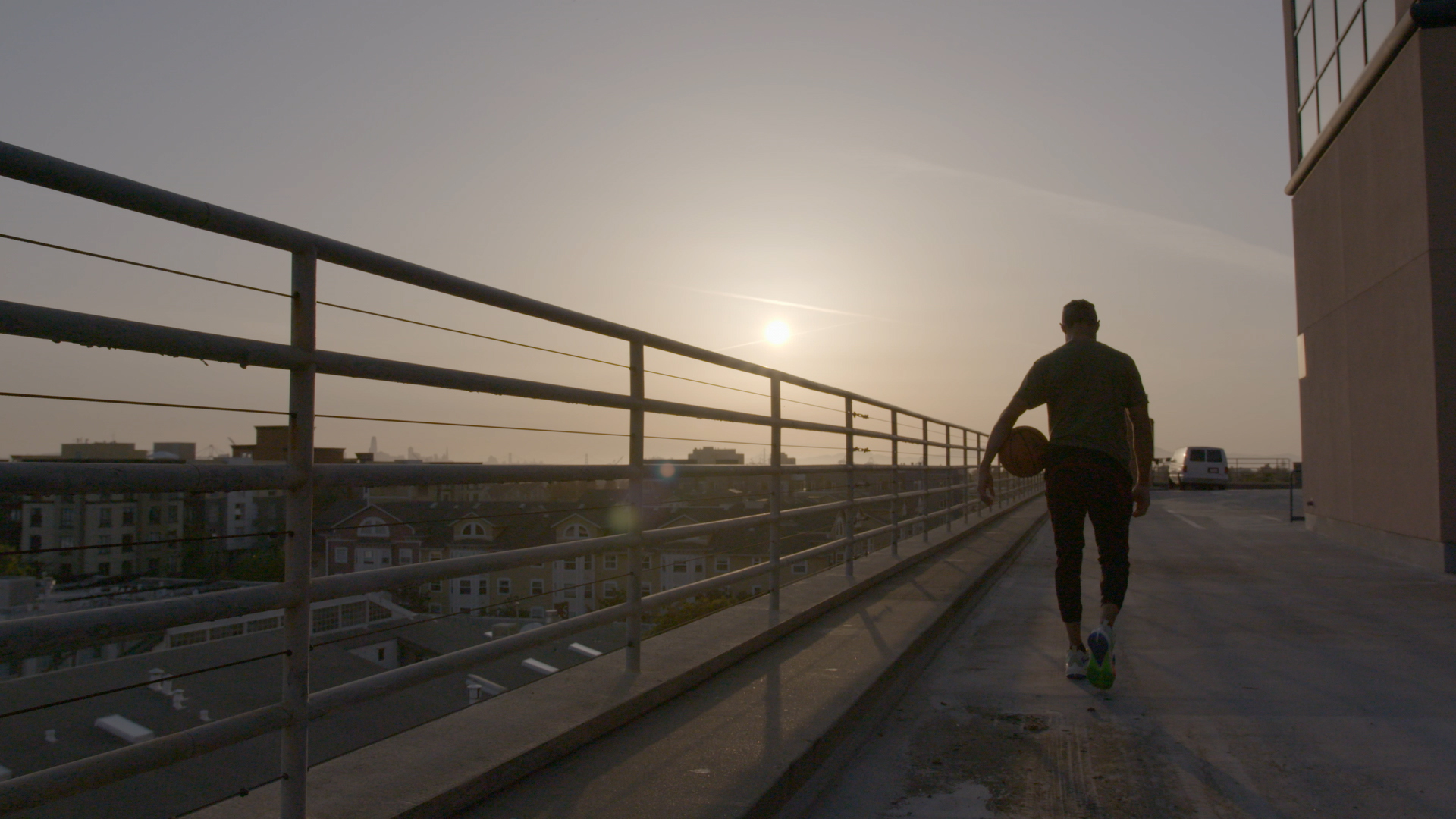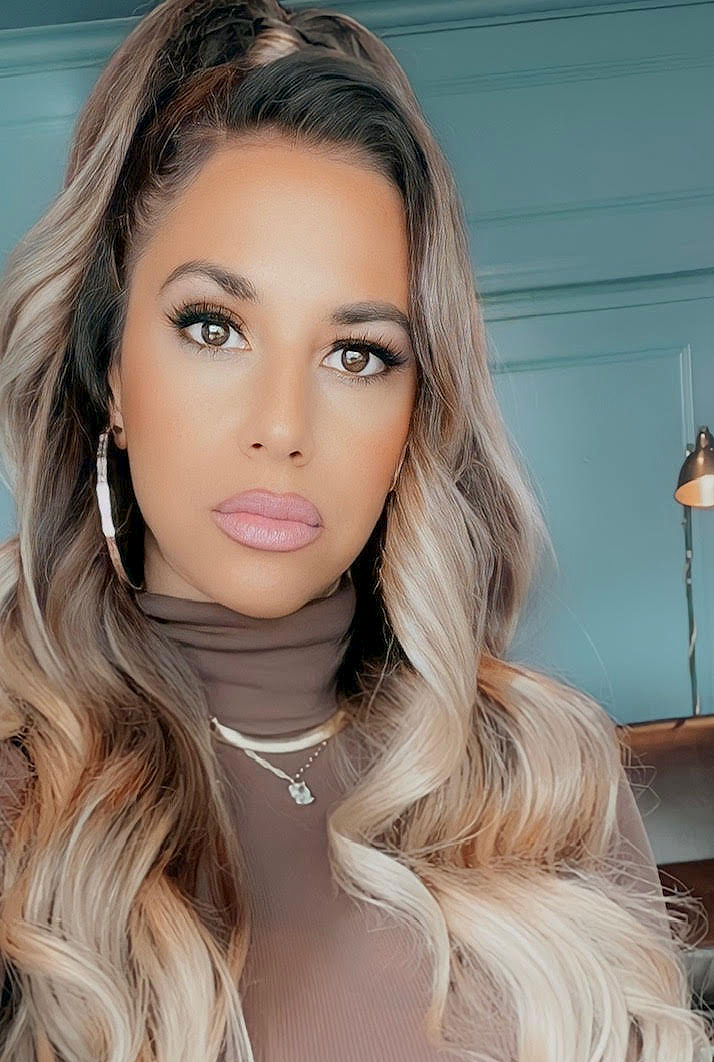
Twenty years before quarterback Colin Kaepernick knelt on an NFL field, NBA player Mahmoud Abdul-Rauf took a stand by sitting. It was March 1996, and the Denver Nuggets point guard had not been standing up during the playing of the anthem for two weeks without anyone noticing, something that seems impossible now, when every movement can be captured by thousands of smartphones and amplified on numerous platforms.
Once his silent act of protest was spotted, angry fans and pundits vociferously attacked him, with some of the vitriol fueled by xenophobia aimed at the player formerly known as Chris Jackson who had converted to Islam five years earlier. The NBA suspended Abdul-Rauf for one game before the player and the league came to a compromise: He would stand for the anthem but would bow his head with eyes closed, his hands up as he recited an Islamic prayer.

At arenas around the country he was met with bigotry and jingoism. Despite having arguably the best year of his career, Abdul-Rauf was traded to the Sacramento Kings in the offseason, his playing time diminished dramatically, and within two years he was out of the NBA.
Abdul-Rauf’s life story is the subject of the new Showtime feature documentary Stand, a project that resonated on many levels for its director, Joslyn Rose Lyons. Like Abdul-Rauf, Lyons converted to Islam as a young adult and didn’t have a father present in her life. Capital & Main spoke to the director about overcoming adversity, filling voids, and what makes a hero.
Note: This interview has been edited for brevity and clarity.
Capital & Main: Many people, including Mahmoud, claim that his stance caused him to be blackballed from the NBA. Do you think there was a leaguewide decision to get him out of the NBA?
Joslyn Rose Lyons: I think the way in which [actor] Mahershala [Ali] described [in the film] how he was phased out of a season of a scripted series right after he converted to Islam after 9/11, that’s a really good example of what it looks like. I think that it’s done in a way to where the footprints aren’t really there. That’s a very tricky area to identify what’s really going on. I think the only people that know the truth are the people who were in those shoes.
Mahmoud talks about how his protest ended up costing him his career. But obviously these teams are businesses, and there is the argument to be made that when these situations arise they are distractions. And in an interview with HBO’s Real Sports in 2001, the last year he played professional basketball in the NBA, he said some inflammatory things about the 9/11 terrorist attacks possibly being an inside job that upset a lot of people. There are a lot of businesses that don’t want to associate with people who say things that they don’t agree with or are controversial. Do you think that’s their right?
Mahmoud was explaining that every game, there’s fans that cause distractions. If you’ve ever watched a player make free throws, if you listen and watch the number of distractions that the fans want to create for the players to miss that shot. Distracting players is a thing in sports. So I don’t buy it, that it was a distraction.
And as far as your question goes around corporate backing and how do they get behind that, I don’t know that there’s an answer, but I do believe that we need to rehab the way in which we’ve built the infrastructure for how we house sports. Because certainly there should not be censorship. We should not feel in any line of work, especially one that’s public, that we don’t have the freedom to say what we believe.
“When I step in the door as a director, I’m at a disadvantage already because we’re seen as women first and directors second.”
How much do you think prejudice has to do with the degree of the reaction to someone expressing themselves?
I mean, I look around. I’m a woman in a male-dominated space. Myself, I’m a minority. When I step in the door as a director, I’m at a disadvantage already because we’re seen as women first and directors second. We’ve made progress in some areas of society and, certainly, there is progress being made in sports at the intersection of athletes and activism, and there’s a lot of initiatives for women in film.
But when I get called, “Oh, they want a woman director,” well, can they just want a great director for the job? Cause they think I have the right creative approach? I do think that unfortunately there’s still a lot of work to do. And Mahmoud’s story is an example of that work, but his story is unfortunately evergreen. I say unfortunately because we haven’t made that type of progress yet as a society.
Our country is built on protest from its genesis, with the Boston Tea Party leading to a revolution. Why do you think so many people in this country have a problem with it today? Why do you think people get so upset when people express their views?
We’re all creatures of habit to some degree. I think sometimes when we sense change, we get scared. Fear has a very strange way of distorting the lens through which we see the truth. It’s hard for us to see the truth and to see the wisdom within the truth when we’re afraid. We often want to shut down that which is true, just because it’s new, just because it’s different. Sometimes we do that because it’s easy to go where you’ve been, but it’s hard to go where you haven’t yet gone.
I think in order to go where you’ve never gone, you have to do things you’ve never done. To some degree, Mahmoud was willing to make a pathway that did not exist yet, a pathway that now many people have walked down in their own way. Unfortunately in Mahmoud’s case, he had to lose everything, but he gained so much more in my eyes.
“Fear has a very strange way of distorting the lens through which we see the truth.”
If you think about Mahmoud’s experience having Tourette’s, not knowing who his father was, and then taking this stand. He faced so much adversity alone. A lot of people would’ve given up. How did he have the courage and drive to overcome all of it?
I always want the work that I’m a part of to leave us with more questions and not just answers. That’s a great question to ask ourselves: What is it that helps us to become more fearless, more courageous in the face of oppression? In this case, Mahmoud was willing to risk it all to stand for what he believed in. I think the question is, where does that courage come from? It’s different for all of us. We can be a thermostat in life and take the temperature of the times and say what we’re experiencing or what we’re seeing; [it] doesn’t require much courage to be a thermostat, right?
But if you’re a transformer and your work is transformative … that’s where Mahmoud’s story differs from so many. To me there’s something about his spiritual connection to his faith in Islam that allows him to have that courage. I believe he’s talked about that. And for all of us, when we find courage, it has to come from a very deep place within ourselves.
Do you think converting to Islam also sort of filled the void of not knowing his father and gave him courage to be able to stand up for what he believed in?
I absolutely believe that. Sometimes we need to find the very things in our lives that kind of propel us towards a new spiritual path or pursuing a dream. It comes from pain. Often it comes from a place of discomfort [and] we need to find peace. We go on a quest. And that’s actually the beauty of it. It’s a sad but beautiful truth that sometimes those voids are the very things that kind of push us to become great. In Mahmoud’s case, I believe that him not knowing his father pushed him to a level spiritually and physically and in a lot of ways that he may not have gone that far, had he had that.
Do you think trailblazers like Mahmoud are born that way? Or is the courage they show a circumstance of their experiences?
I do believe that you can learn to be an activist. You can learn to be an agent of change. You can learn to have courage in the face of oppression. But there are certain people [whose] antennas are tuned to the higher collective unconscious, to the universe in a way in which they’re being guided.
And in Mahmoud’s case, not to make it so spiritual, but I think that there is a calling on people’s lives who have that type of mission, and that there’s a strength and a courage that comes with that. You don’t see it every day. So to me, that means that they were meant to walk that path. I don’t know that everyone is meant to. But everyone can, and I think if everyone did live in their truth more, we’d have more peace in the world.







